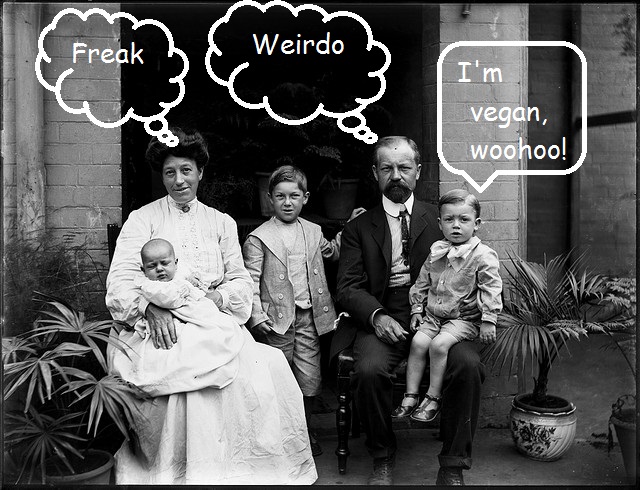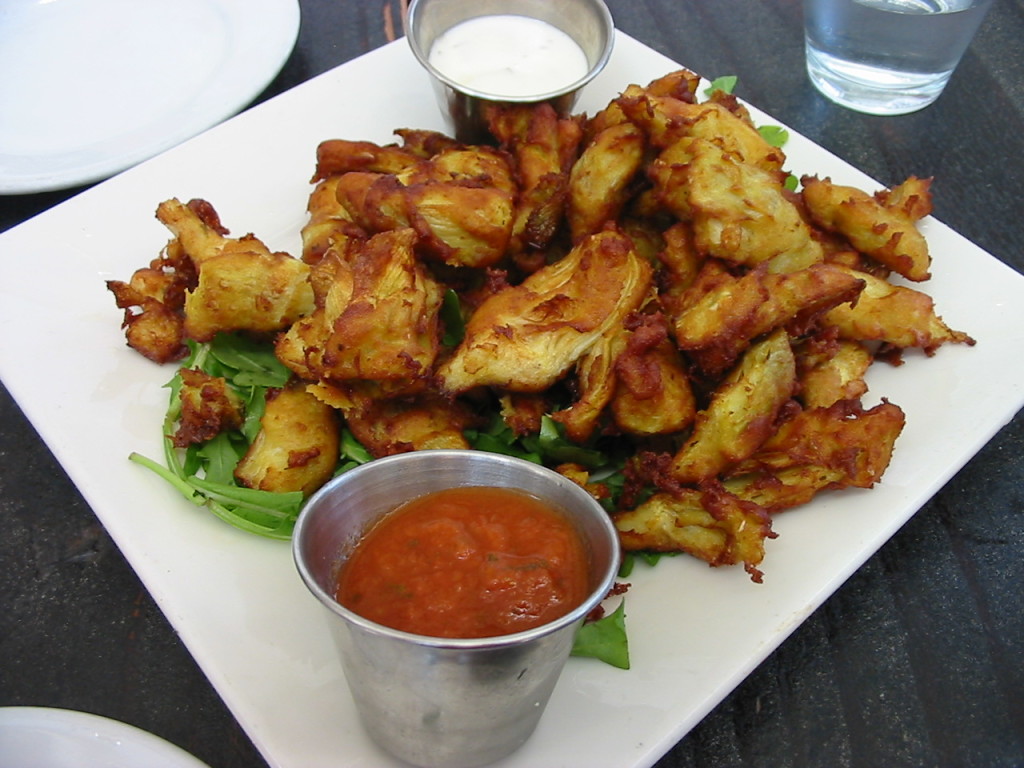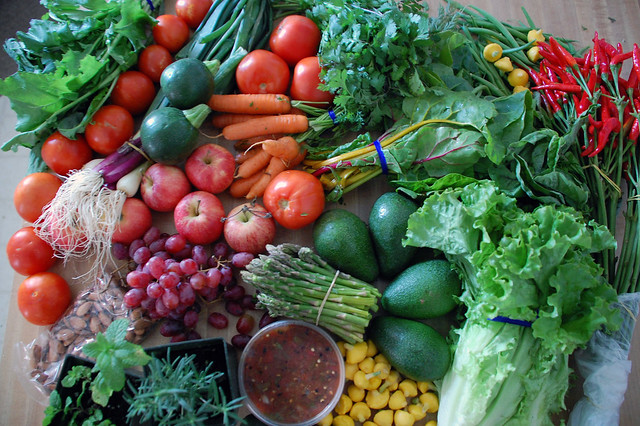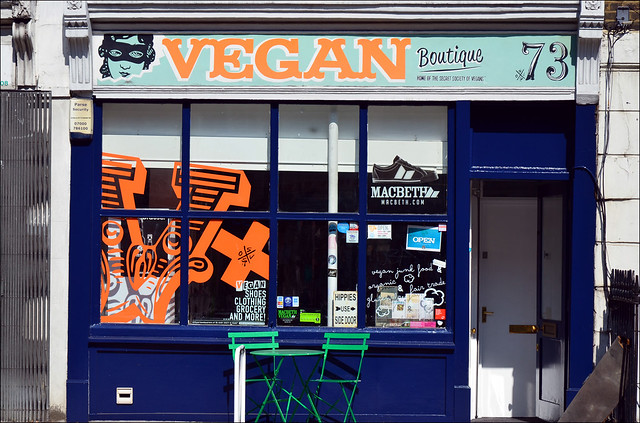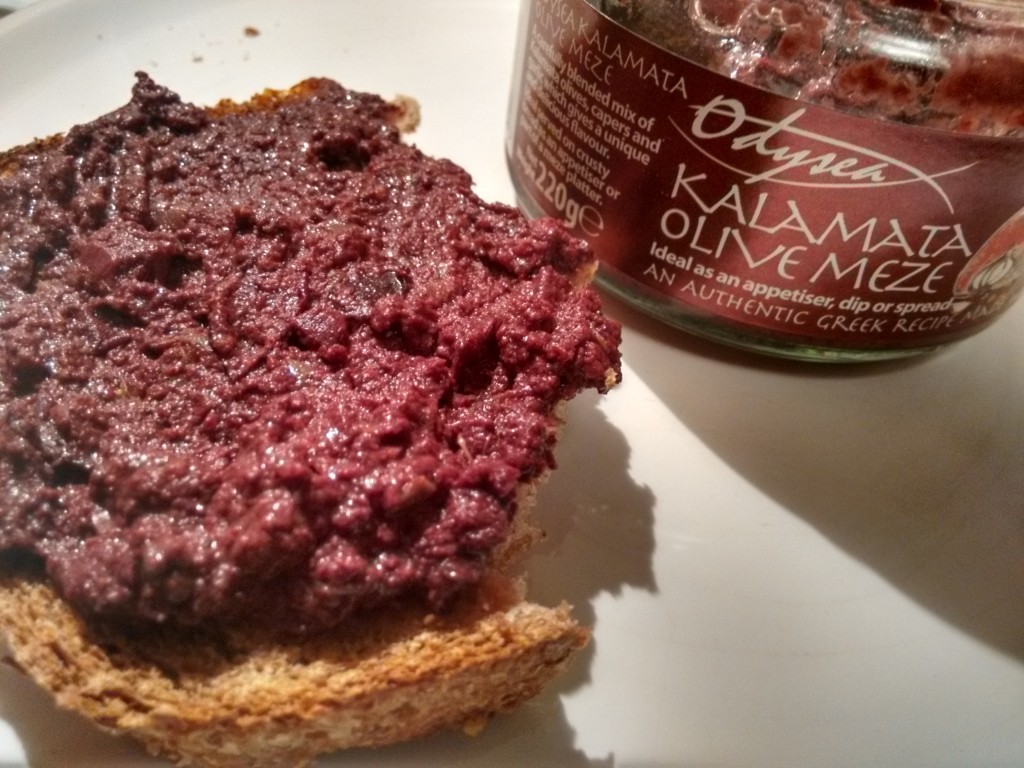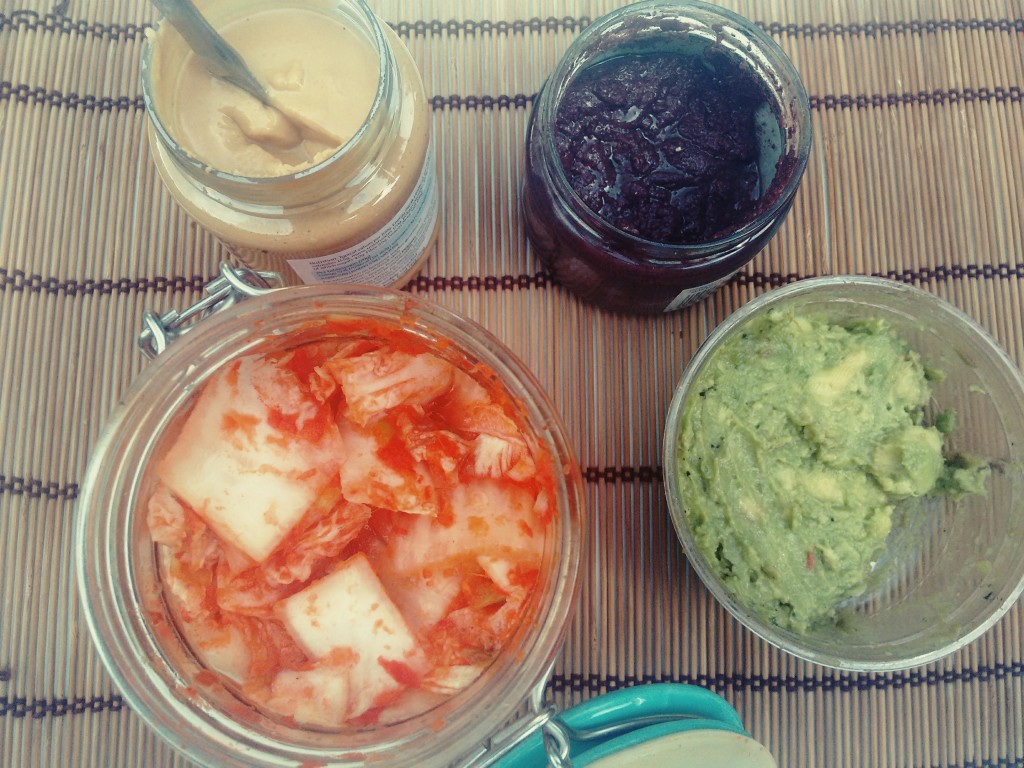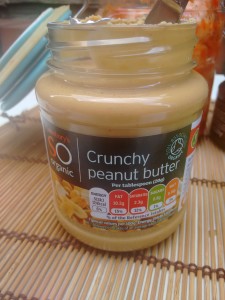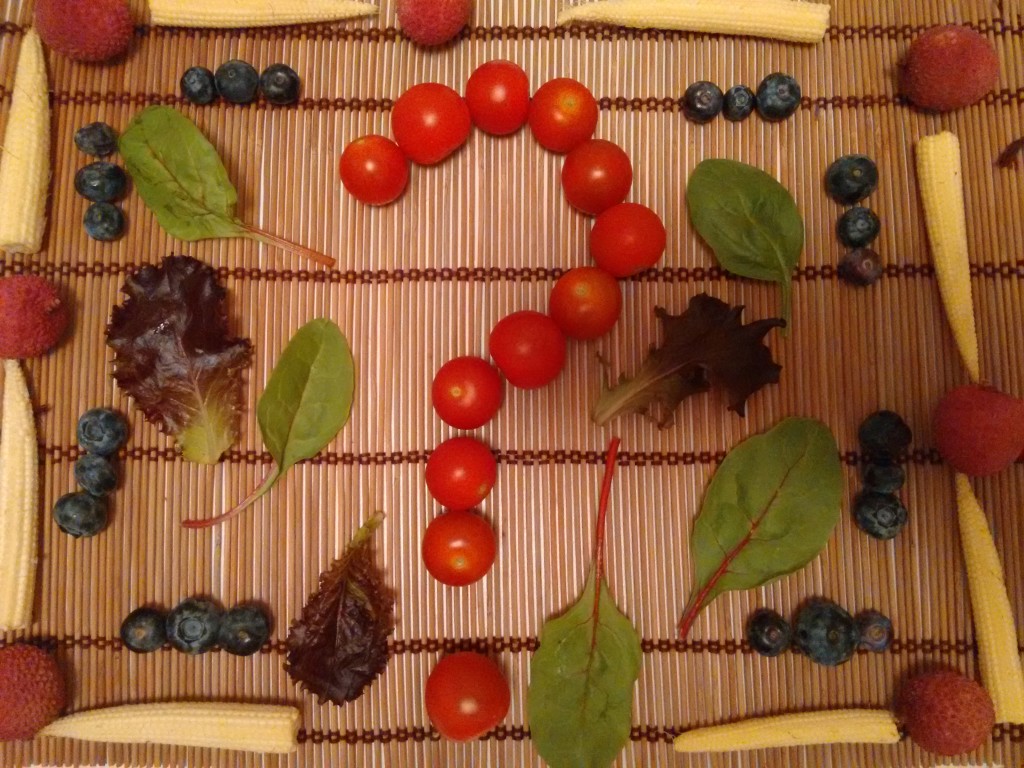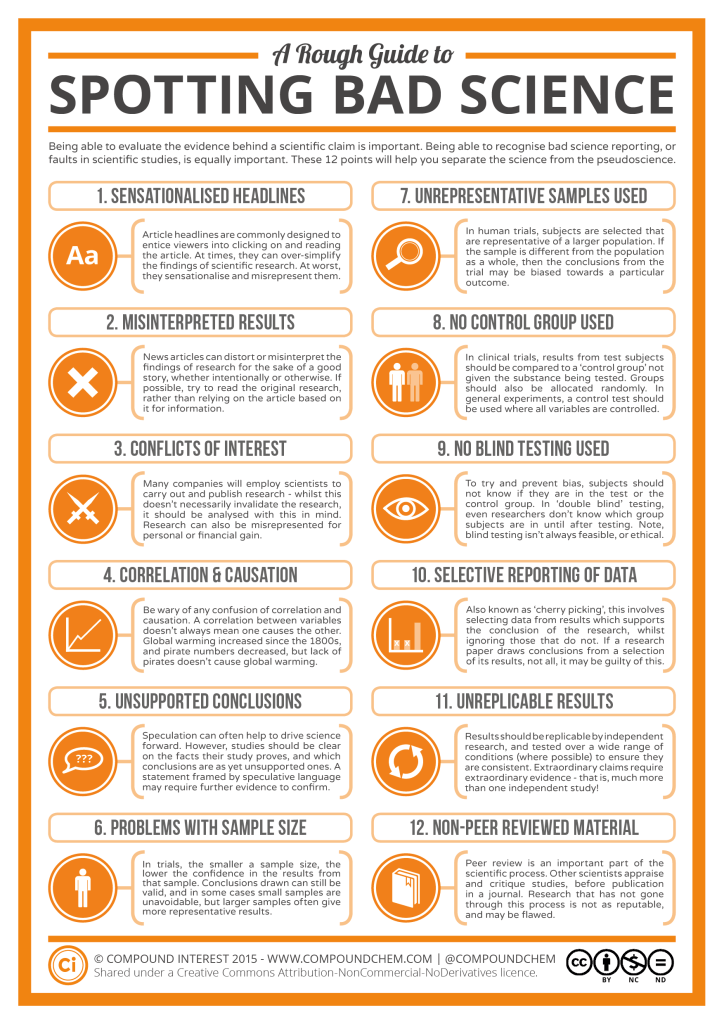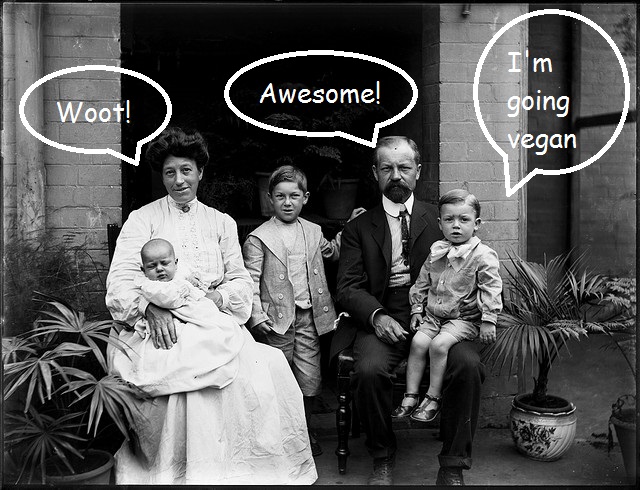 © 1900 Powerhouse Museum, Flickr | PD | via Wylio
© 1900 Powerhouse Museum, Flickr | PD | via Wylio
Last week, in this post, I gave all the reasons your folks might’ve been a tad wary when you told them you were going vegan – or why they are still wary since you became vegan.
Now, I’m not promising that the following suggestions are going to turn your parents vegan overnight; but they may help to keep peace, relieve tension around your new lifestyle, and just make them comfortable with it.
If, right now, you’re thinking that it’s not up to you to keep the peace and that they should be automatically accepting of your choices because they are YOUR choices – read my post from last week again.
Think of it this way; the more your parents feel secure that your new lifestyle will not change certain things they hold dear, and the more they are convinced that you are healthy and happy; the more peaceful your life will be, so you’re really doing this for YOU!…If you see what I mean.
If your parents are totally cool with you being vegan and if your dad just made you a soy matcha latte to wash down the quinoa and black bean soup your mum made you? Good for you! You are one lucky mofo – be grateful!
This post is for the rest of us whose parent(s) have not yet been enlightened to the benefits and joys of plant-based living!
When you tell your parents you’re going vegan, what first hits them may be sub-conscious fears that they aren’t able to fully verbalise. Sometimes irrational fears crop up just because something is ‘different’, (which veganism is, in their eyes), and they can be difficult to express. If you think it might help, show them my post from last week to see if they relate to any of the fears I listed.
On the other hand, they may realise exactly what they are feeling which might make them defensive. Depending on their generation, they may not be comfortable with ‘the feels’ and would rather be defensive than talk about how you going vegan is affecting them.
However they react – you can cleverly pre-empt any negativity and neutralise it with your stun gun of reason!
ZAP!
KERPOW!!!
Exactly like that.
Use whatever within the following information applies to them and what you think will resonate most:
- I talked about food memories last week, and how your parents have many memories of you that relate to food; whether celebratory food, or of you all eating a beloved family dish etc.
Remind your parents that the most important part of these memories is not the food. It’s being together WHILE eating the food; it’s the communal participation in something. Often, the food in question isn’t necessarily even LIKED by all of the party; it’s purely about being together. For example, even before I was vegan, I haaaated pretty much all Christmas food. Christmas pudding, turkey, Christmas cake, the lot. I’d rather have had a curry any day! But I loved being AT Christmas dinners. Why? Because we were all together, laughing and joking, being Christmassy, pulling crackers etc…But, food-wise, it wouldn’t have mattered if I was vegan or not for the amount of food I ate, it wouldn’t have been noticed. What mattered was the being together and celebrating.
Reassure them that you will still participate in celebratory family meals to come, and you’ll either help by suggesting and helping make fabulous plant-based dishes with them, or you’ll bring some with you for everyone to share. Paint an exciting picture of all the new memories there are to be made.
- The best way to stealthily attract people (even parents!) to veganism, is to lead by example.
Explain to your parents carefully WHY you’re doing what you’re doing. Be sure not to say that you think they should do it too, just say that you’ve discovered this information, and it’s made you want to try it, and you’d appreciate their support. Breathe, be calm, and don’t talk over the top of them. I know it can be difficult (God knows I do!) but this is for the long-term benefit of everyone. If they see you are calm, focussed and reasonable, they’ll have more faith in your decision.
-
- Involve them. Sometimes parents might get weird and feel judged if you start living your life differently to how they do. The best thing to do is to get them involved. Go shopping with them, make fun dishes with them, and let them see that you are eating amazing, healthy, vibrant food. Buy them a copy of your favourite vegan recipe book (make sure it’s one with lush, mouth-watering pics!).
- Did you used to go fishing or hunting with your dad? Did you used to bake something at an annual event with your mum? (I know – this is sooo gendered, but it still happens!)
There are plenty of new bonding plant-based activities you can ritualise. For example, if I visit my dad’s house in winter, he’ll always roast us some chestnuts. Nothing better than cracking open freshly roasted chestnuts on a cold day. This is something we did before I was vegan, and luckily this didn’t need to change. Yay for chestnuts!
It doesn’t matter what the bonding activity is, if it’s gentle and meditative and leaves room for talking AND shared silence, then it’s effective. If you went fishing with your dad, it wasn’t really THAT much about the fishing, was it? It was more about being in nature, sitting quietly, mulling things over, being contemplative, and having a feeling of achievement if you caught something. Well you can get all that with many different activities that DON’T involve animal cruelty.
You can go foraging for mushrooms and wild herbs, picking berries etc. How about vegan beer or vegan wine tasting?
The same with cooking a particular dish in the kitchen if this is a family ritual. It doesn’t matter what the dish is. Maybe you could just veganise whatever it was?
-
- Assure your parents you are well informed on the nutrition side of things – show them my protein post if they try and pick the old protein argument! Assure them that it’s as simple as making sure you eat a range of different coloured veg, fruit, beans and legumes, with lots of energy-giving whole grains and you’ll be fine – BETTER than fine in fact!
- This is a good one! Remind them that there are (depending on their generation) plenty of things their parents ate that they now wouldn’t dream of eating. For example; my grandparents would’ve eaten lard, bread and dripping (I have no idea either!), spam, and they cooked everything in animal fat. My parents wouldn’t eat any of this now because they’ve learned that these foods are unhealthy. People DO better when they KNOW better. This is all you are doing – which as you’ve just shown them, is something they have done themselves.
Bottom line – keep talking. Keep making them (or showing them how to make) tasty food. If you find a great vegan restaurant, take them. If they have health questions, email them facts from reputable websites (anything by Dr T Colin Campbell, Dr Michael Greger, Dr John Mcdougall, PCRM). Talk with them, share information with them (you don’t have to share everything, just anything you think they might relate to; if one of them has a cholesterol issue for example, you could explain how it’s only animal products that contain cholesterol and that plant foods don’t contain any), and involve them.

